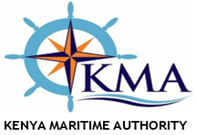KMA Regional Maritime Search & Rescue Coordination Centre (RMRCC)
KMA RMRCC coordinates life-saving response across Kenya’s maritime zones and inland waterways. Teams and partners deliver rapid action for distress calls, environmental protection, and safe navigation.
Overview
The Regional Maritime Rescue Coordination Centre in Mombasa serves the Eastern Africa Search and Rescue Regions.Background
Officially inaugurated on 5 May 2006 by IMO Secretary General Efthimios Mitropoulos. Established to coordinate maritime SAR emergencies across the Eastern Africa SRR.
Area of responsibility
Operated by Kenya Maritime Authority and covering Kenya, Tanzania, Seychelles, and Somalia with 24 hour watch and incident coordination.
Watch keeping
Dedicated watch keepers monitor distress channels, acknowledge alerts, relay messages, and assist on scene coordination for SAR missions.
Channels of communication
Reliable communication paths for ships and small craft within the SRRDistress alert receipt and relay
The center receives distress messages from vessels across the SRR and relays them for immediate action. Continuous 24 hour watch ensures prompt dissemination.
Ship to shore connectivity
Efficient systems enable ships to request help, confirm positions, and receive guidance from duty officers.
Information Sharing Centre
Piracy information exchange under the Djibouti Code of ConductDesignation
RMRCC operates as a Piracy Information Sharing Centre. It was commissioned on 31 March 2011 and supports repression and deterrence of piracy and armed robbery against ships in the West Indian Ocean and Gulf of Aden.
Regional collaboration
As a focal point, the center works with MRCCs of Tanzania and Yemen to ensure coordinated and timely flow of information, receive piracy alerts, and respond to requests for assistance at all times.
- Timely alerts
- Shared awareness
- Law enforcement support
IMO Standards (SAR)
Key obligations shaping Kenya’s maritime & inland SARSAR Convention (1979)
Kenya’s SAR services align to the IMO SAR Convention and IAMSAR Manuals—establishing an RCC, 24/7 distress watch, defined SAR Regions, and standardized procedures for alerting, coordination, and on-scene control.
GMDSS compliance
RMRCC monitors and acts on GMDSS distress communications (VHF DSC, INMARSAT, NAVTEX), ensuring prompt acknowledgement, broadcast, and coordination as required by SOLAS V and SAR standards.
Interoperable response
Procedures prioritize assistance regardless of nationality, rapid coordination with neighboring RCCs, maintenance of SAR facility inventories, and environmental protection during response—consistent with IAMSAR Vols I–III.
Note: Summary reflects accepted guidance in the IMO SAR Convention and IAMSAR Manuals used globally by RCCs.
Media Center
SAR practice, operations and community engagement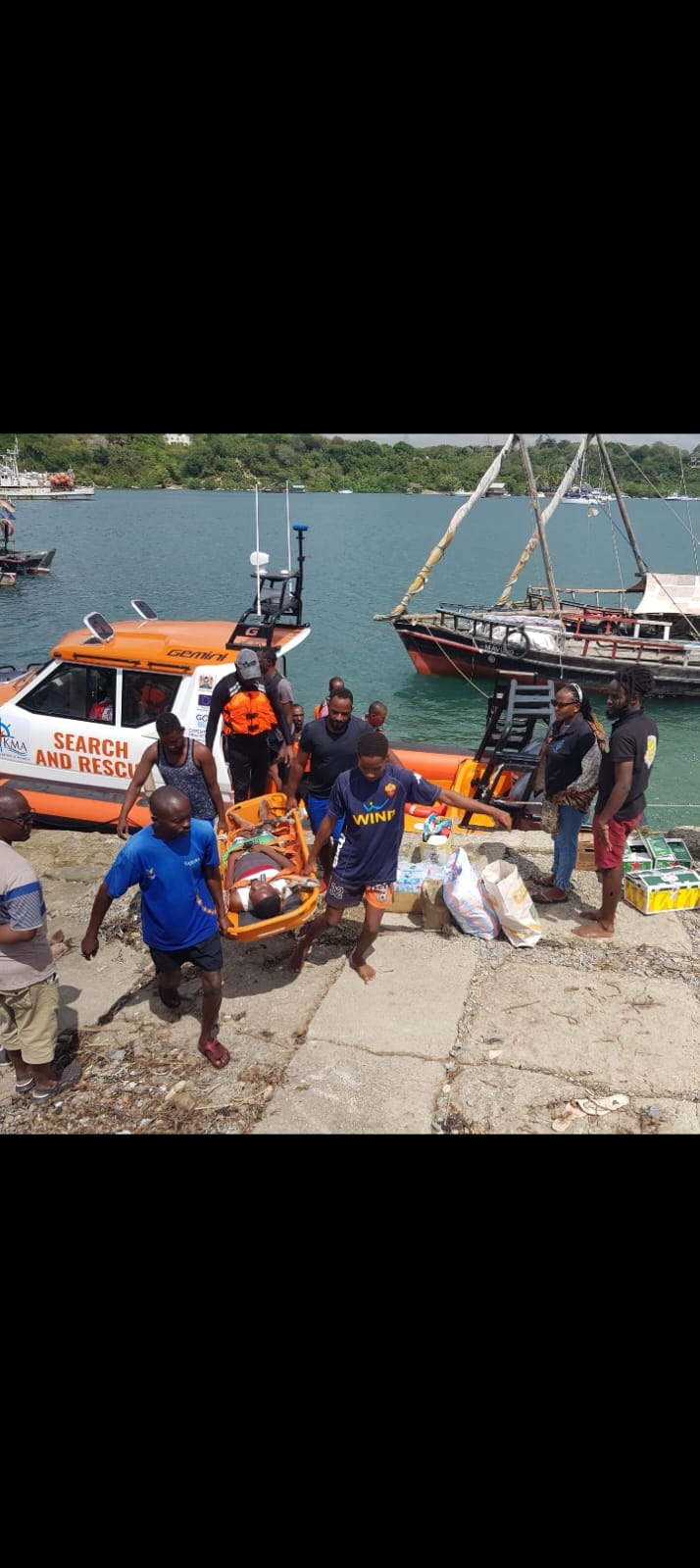
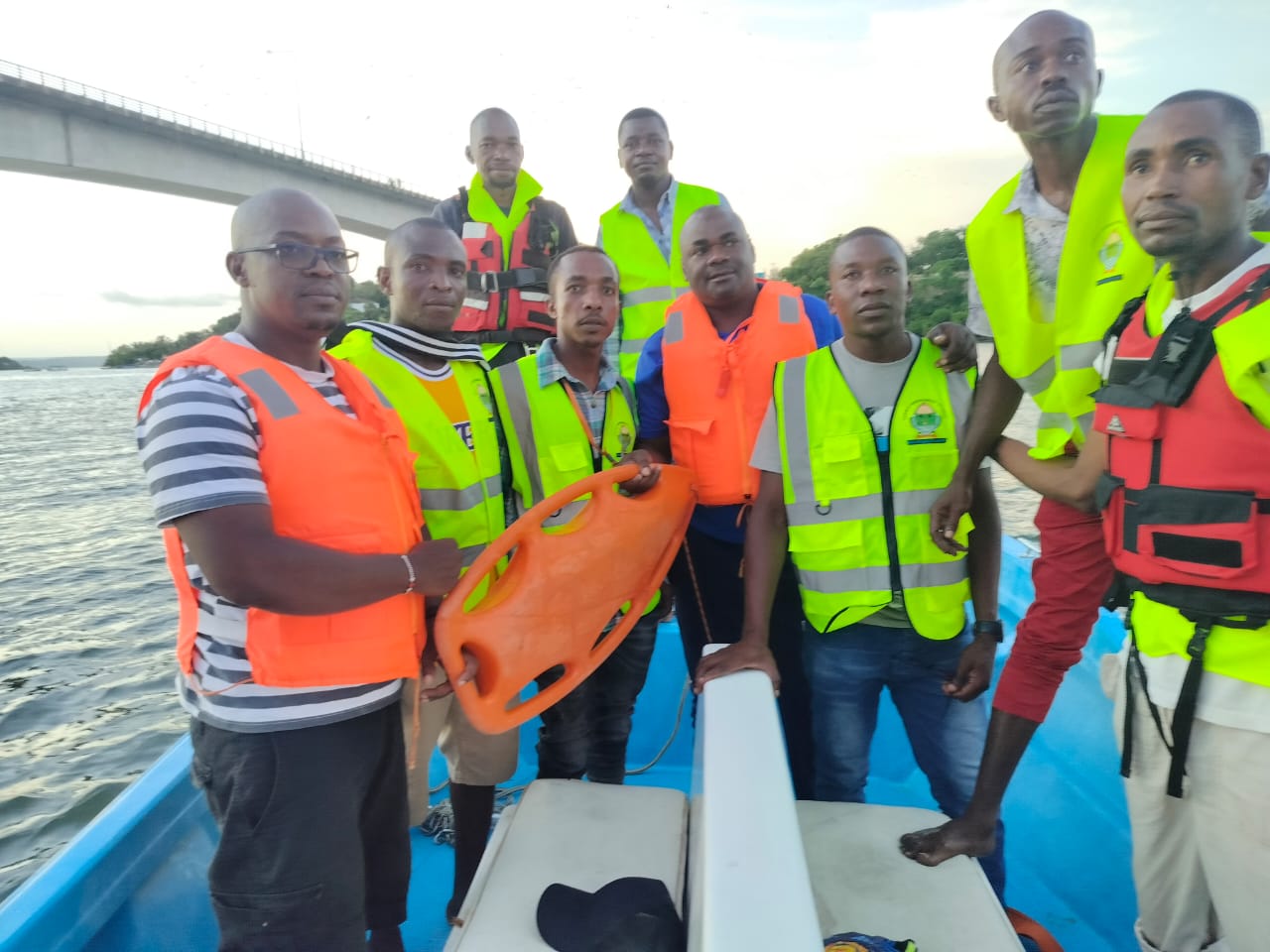
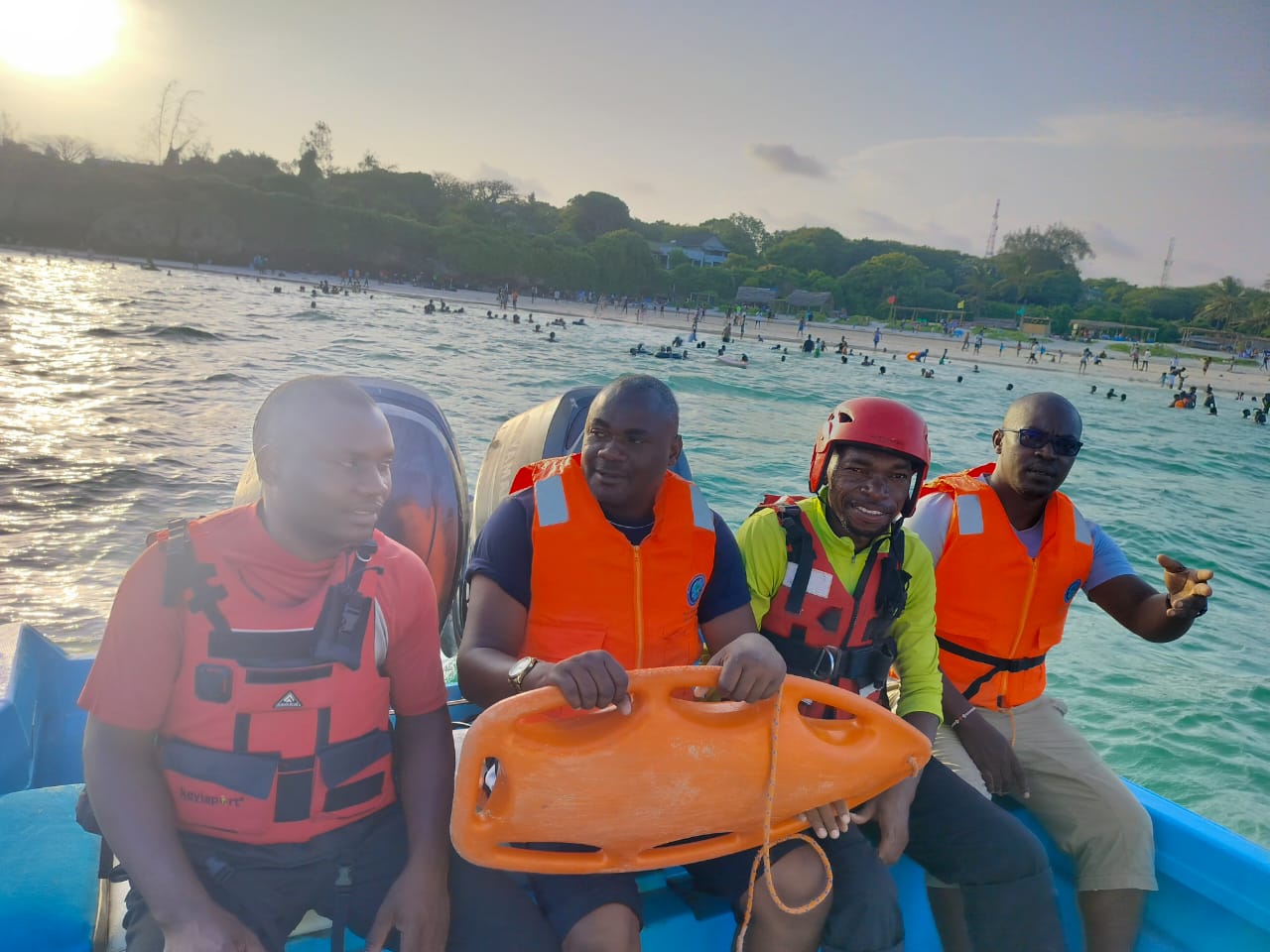
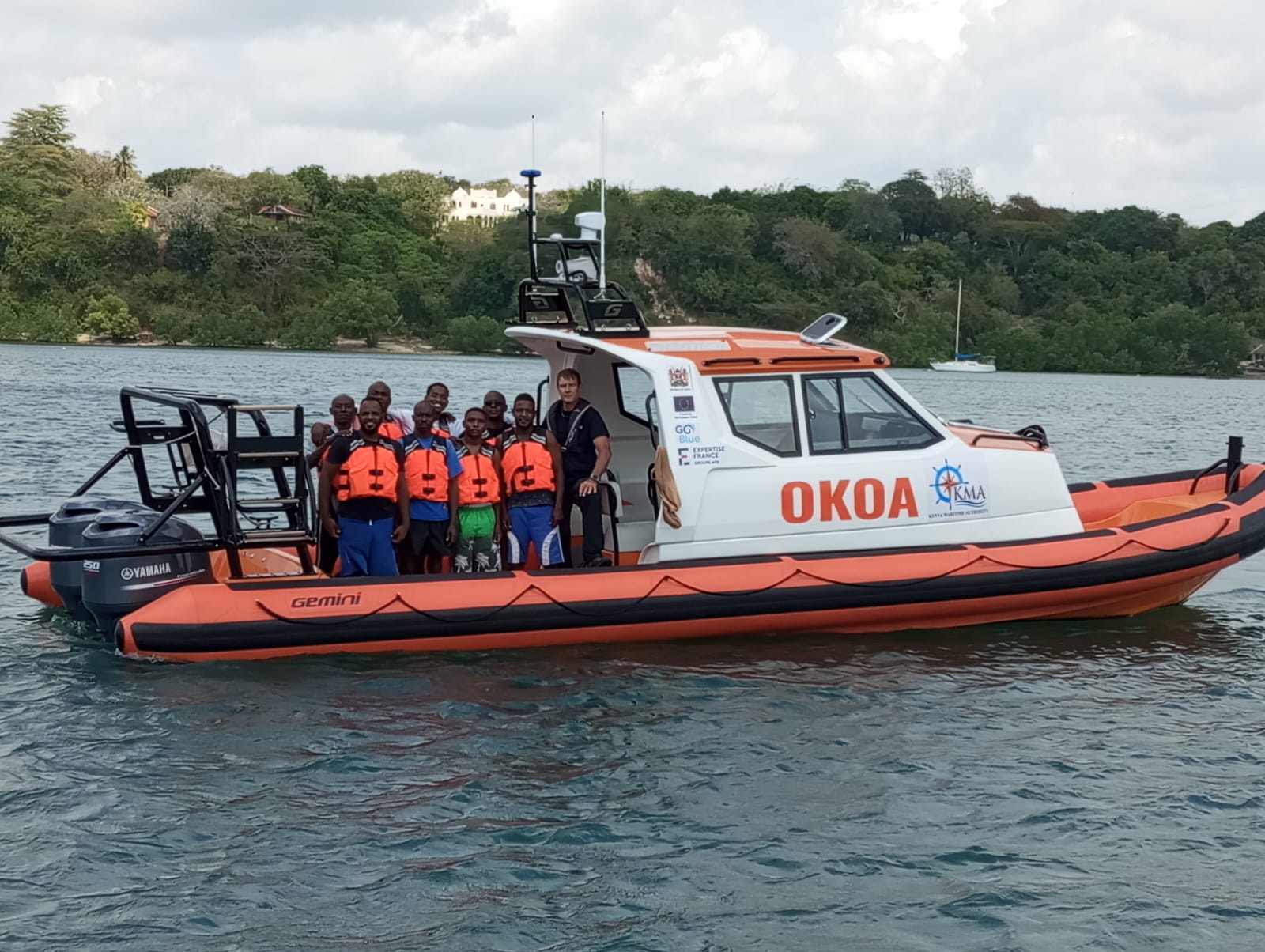
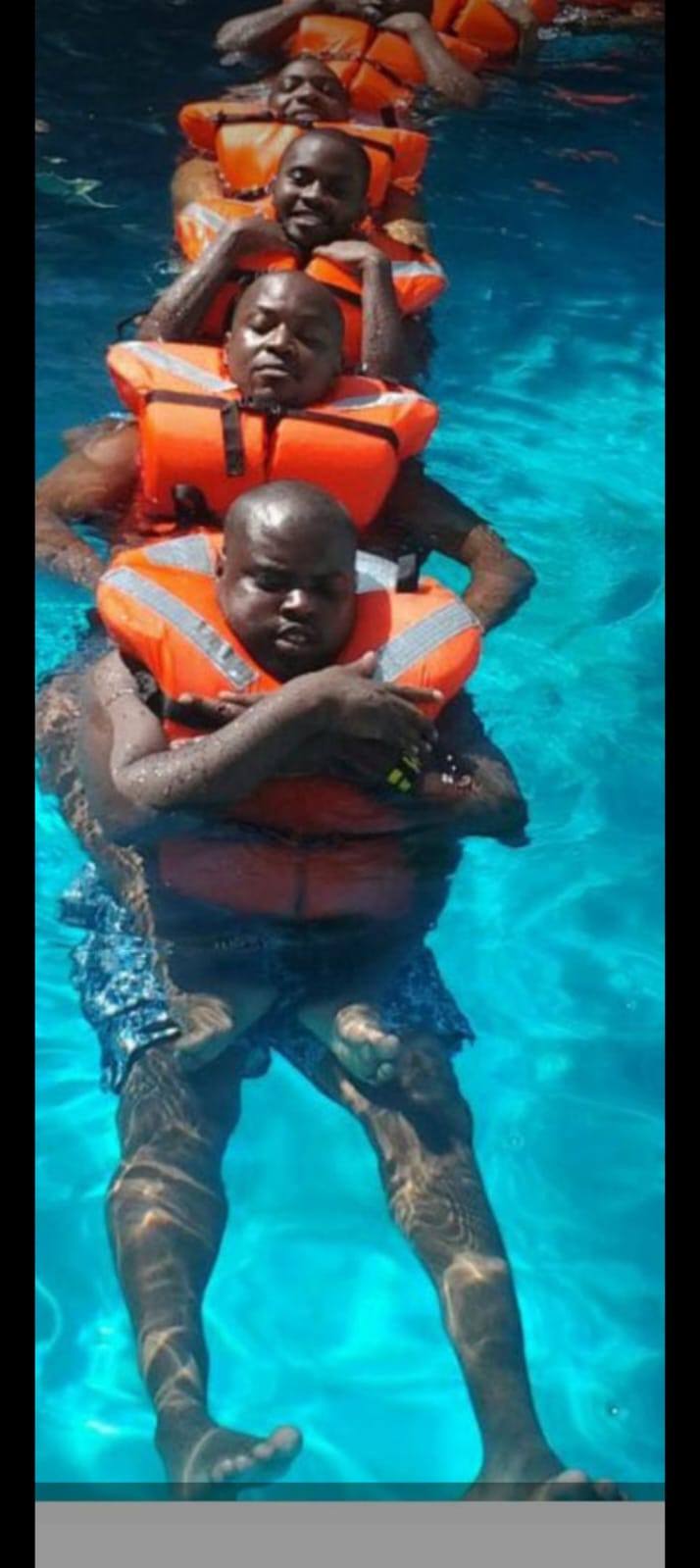
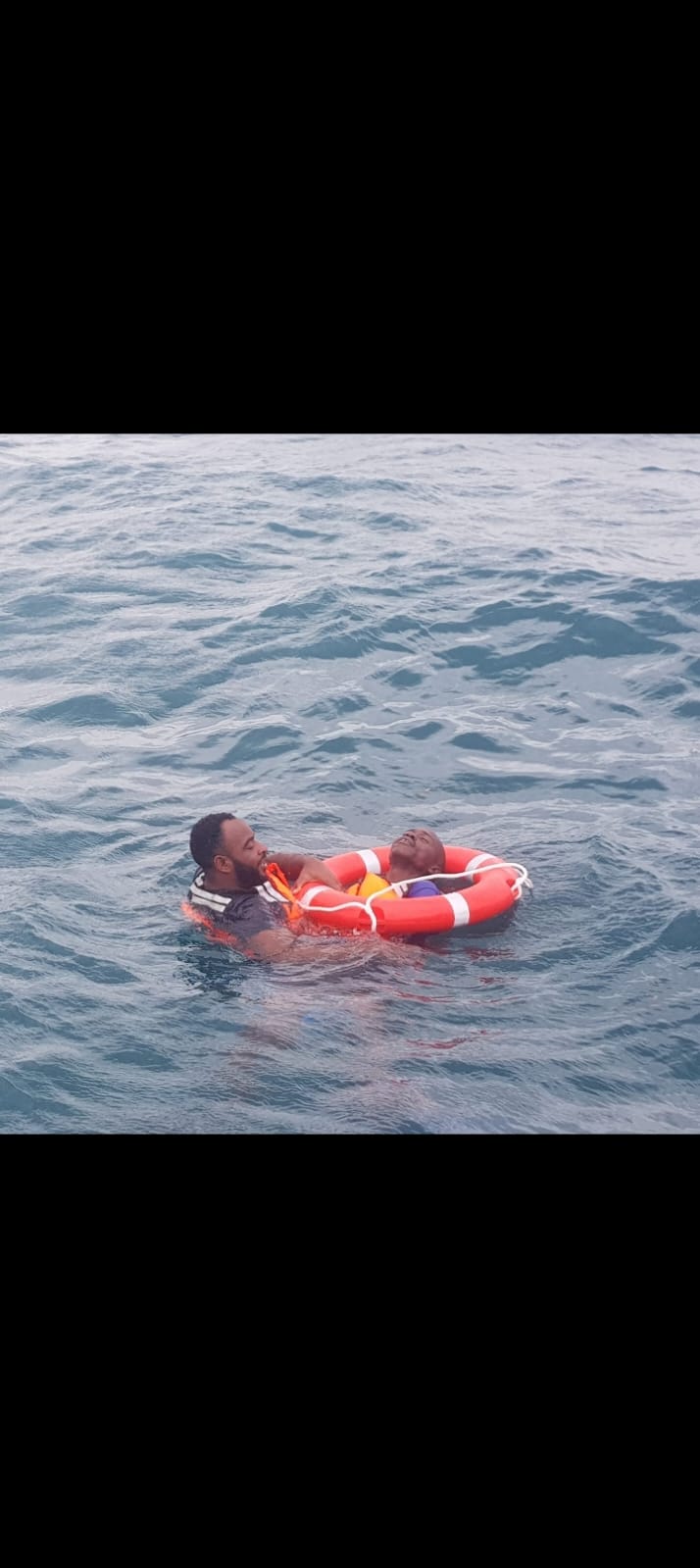
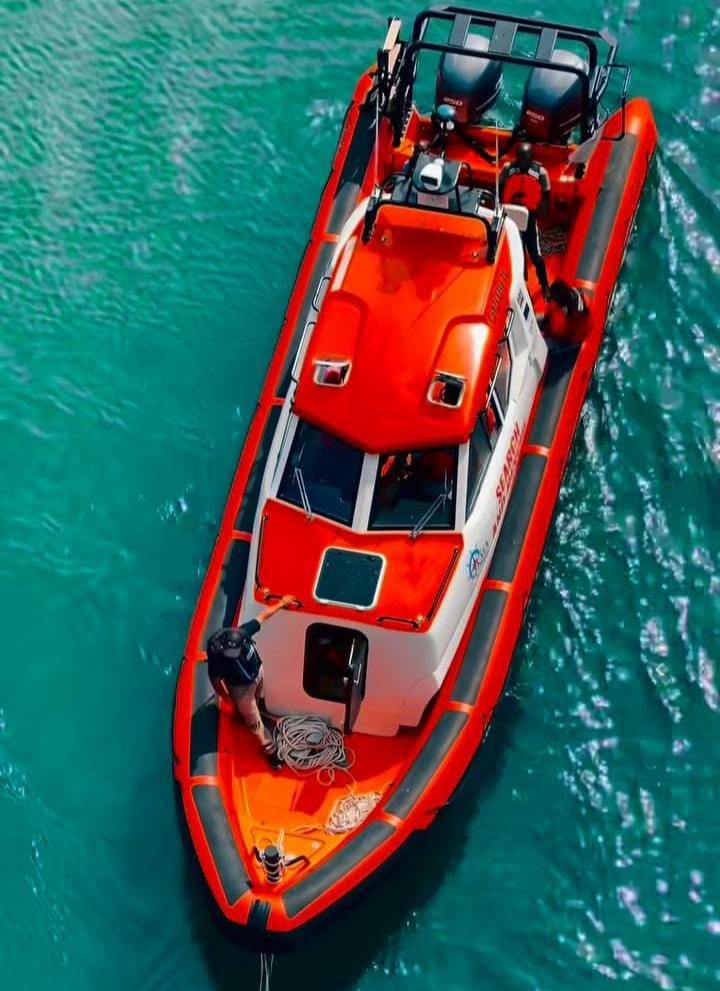
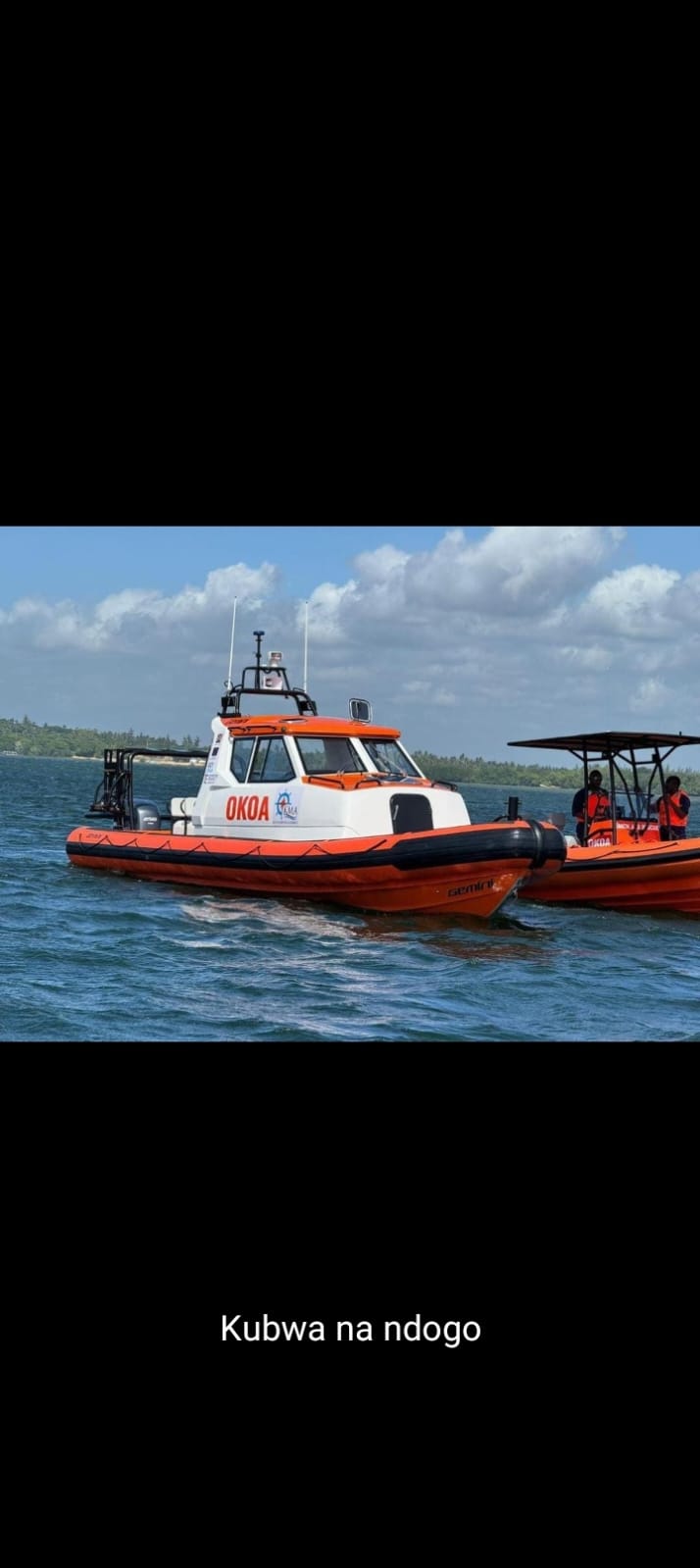

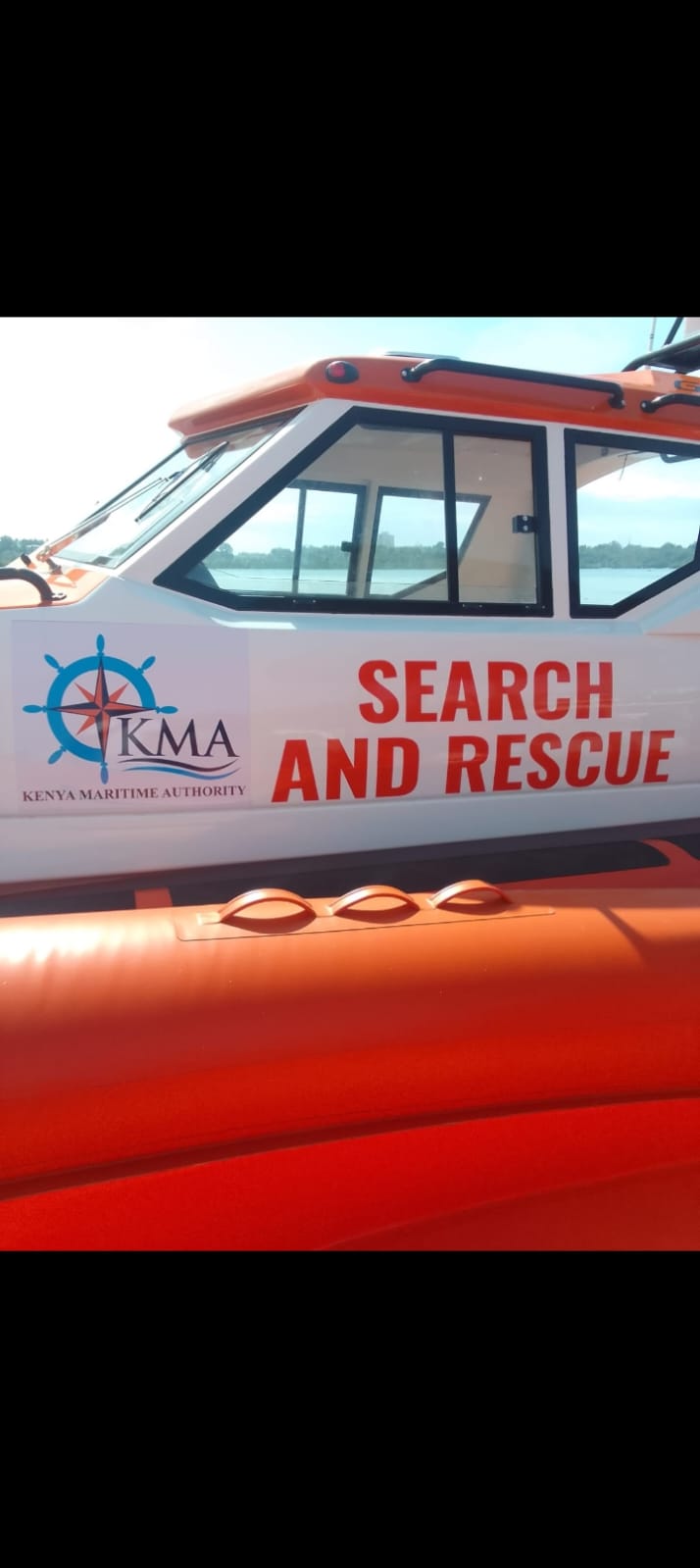
Live SAR Coverage Map
Coastal & inland coordination points (demo)Our partners
Collaboration is vital for timely search and rescueRegional MRCCs
Seychelles MRCC, Dar es Salaam MRCC
Security & defense
Kenya Navy, Kenya Coast Guard Service
Ports & agencies
Kenya Ports Authority, Kenya Revenue Authority, Kenya Pipeline Company
Environment & wildlife
Kenya Wildlife Service
National coordination
National Disaster Operations Centre
Aviation
Kenya Civil Aviation Authority
Where to find us
Strategic footprint for faster response and better coverageMombasa Headquarters
Primary maritime coordination for coastal and offshore incidents.
Kisumu Branch
Lake Victoria and surrounding waterways.
Lamu Branch
Coastal islands and channels.
Lodwar Branch
Lake Turkana operations.
If you need help right now
Steps that improve survival while help is on the waySend a clear distress alert
State position, nature of distress, persons on board, and any hazards. Keep a listening watch for instructions.
Stay visible and together
Use lights, signals, or reflective items. Keep the group together if safe to do so. Conserve energy and warmth.
Follow guidance
Maintain communication with the coordination center and follow instructions from rescue units.
Contact RMRCC
Emergency & coordination line (24/7)
+88 164 170 7178
Primary mailbox for incident reports and follow-up
